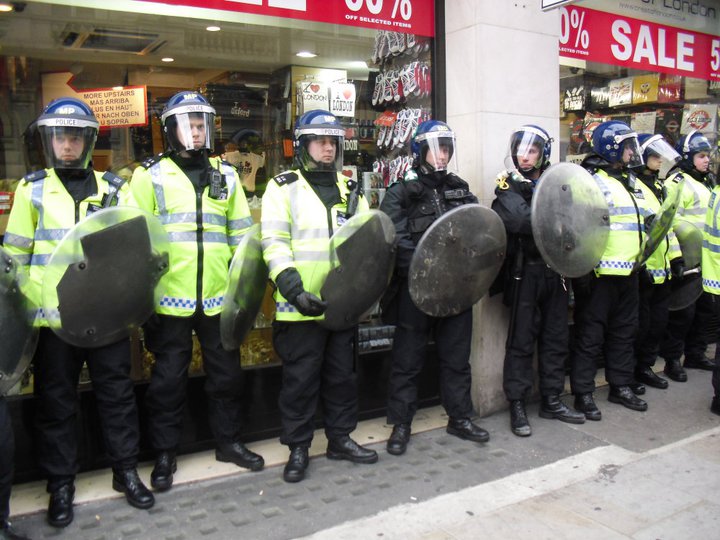Unemployment, as ever, is a hot topic in the Commons and around the country this week, as varying reports before the official announcement have stabbed at the number of jobless people now in Britain. The published figure now stands at a total of 2.57 million, 991,000 of that made up of under-25s. This kind of figure has not been seen since 1994, a post-recession year which saw the privatisation of the London Buses begin, the succession of To(r)y Blair to leader of the Labour Party and widespread British rail strikes.
Really, the number of young people out of work reflects what GMB regional secretary Tom Brennan called a ‘lost generation’. Slashed welfare and closing social programs offer little in the way of opportunity in a faltering Britain, unable to assume the parental role it is often so ready to claim in order to help out its younger citizens. And where do we see evidence of this “help” – in tripling university fees, unattainable first-time mortgages or lack of training courses for skilled work (not to mention the amount of repossessions that will shoot up)? It will mean that the government is raising a generation of untrained and uninformed youngsters, marred by an ignorance which has been forced upon them at the hands of a British dictatorship wrapped in democracy. While news of this is hardly surprising, it’s sometimes worth saying out loud to pressure the issue of how important social mobility actually is.
There’s also the north/south wedge driven firmly into the country, as the North East, my home region, has hit a record high for unemployment at 11.3% – a stat which is higher than any other part of the country. Similarly in Wales, the count now stands at 131,000: 27,000 of which are made up of 18 – 24 year olds. It makes sense that the Tory government would seek to protect the interests of its London-based workers, ostracising a separate society which seems to exist outside of the capital. Hopefully the occupation of the London Stock Exchange this Saturday will bring these issues to the forefront; with media attention which should be focussing on society’s activism, and not Liam Fox, the movement will not only show solidarity with the Wall Street Protests, it will drive the same stake into the private market as the government has up and down the country.
And so where do we turn? The obvious answer is to the streets. Generations who have had their opportunities cut short, staring down the barrel at impossible rent, mortgage and bill payments, must surely unite against a government which has so readily taken away everything from them. The media and indeed government ministers seemed surprised to see how quickly the London riots spread to suburban areas and various parts of the country – yet is it any surprise that people who have nothing to lose should rebel? It demonstrates that anger, an emotion which unifies and brings the masses together to work towards a common goal, something the government seem to be working against.
There are also political measures to be enacted; it isn’t all protest and rebellion. The Centre for Policy Studies announced that dropping the 50p tax rate would halt unemployment, and while this may be a wild bit of economic hyperbole, which certainly would not single-handedly prevent the decline, it examines the policies which can at least offer the lost opportunities unemployed people deserve. So watch the market this coming week to see how these figures will fluctuate trade, and hopefully support the movements taking place in and at Wall Street, The London Stock Exchange and around the world.
